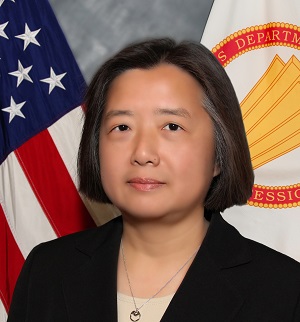With the recent emergence of a new generation of displays, smart devices and wearables, the field of Virtual, Augmented and Mixed Reality (VAMR) is rapidly expanding, transforming and moving towards the mainstream market. At the same time, VAMR applications in a variety of domains are also reaching maturity and practical usage. From the point of view of the user experience, VAMR promises possibilities to reduce interaction efforts and cognitive load, while also offering contextualized information, by combining different sources and reducing attention shifts, and opening the 3D space. Such scenarios offer exciting challenges underlying and supporting technologies, interaction and navigation in virtual and augmented environments, as well as design and development.
The 11th International Conference on Virtual, Augmented and Mixed Reality, an affiliated conference of the HCI International Conference provides a forum for researchers and practitioners to disseminate and exchange scientific and technical information on VAMR-related topics in various applications. The presentations cover a wide range of topics, centered on themes related to interaction techniques, development issues, underlying technologies, and user experience and performance. With recent advances in robotics and artificial intelligence-based systems, topics of interest have expanded to include VAMR-based techniques for human-robot interaction and human interaction with intelligent systems.
JESSIE Y.C. CHEN
U.S. Army Research Laboratory, USA

GINO FRAGOMENI
U.S. Army Research Laboratory, USA